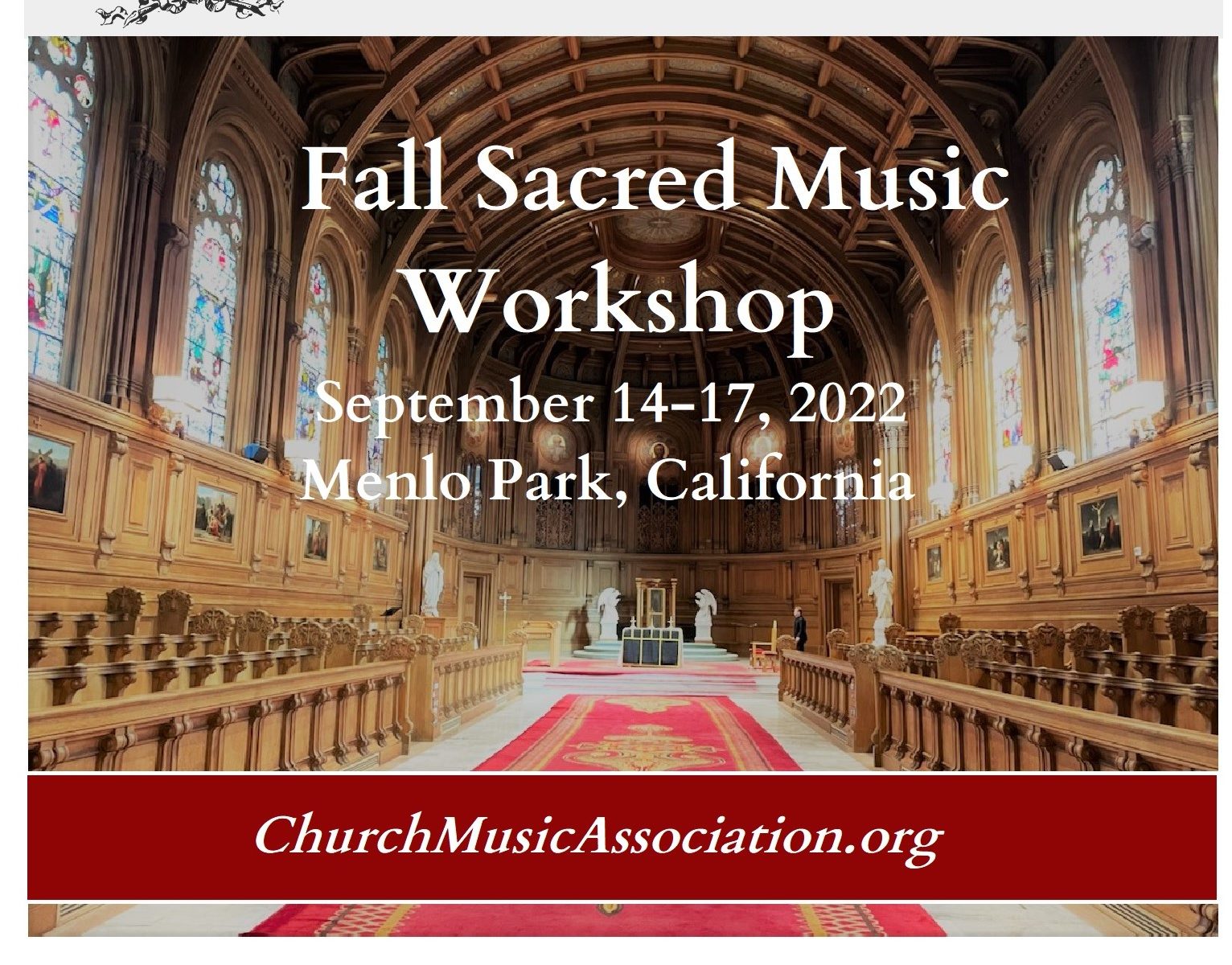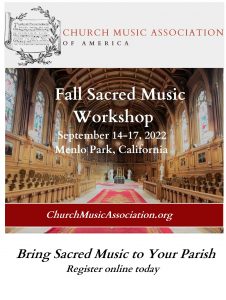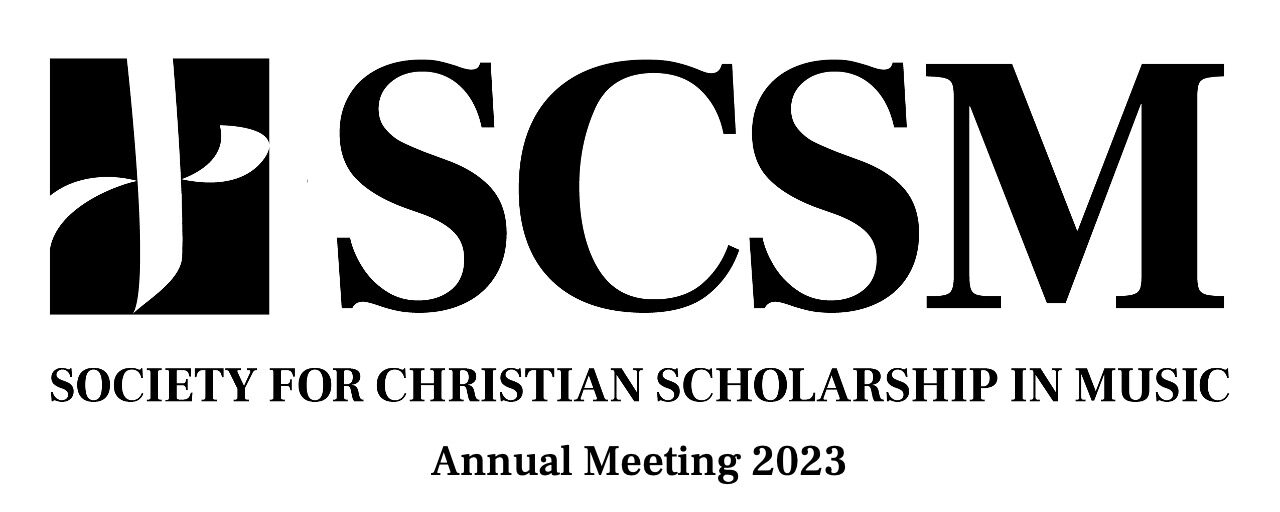 CALL FOR PAPERS
CALL FOR PAPERS
Annual Meeting of the Society for Christian Scholarship in Music
Deadline for proposals, October 1, 2022
Conference dates: March 2–4, 2023
Conference web site: www.scsmusic.org
Conference venue: Duke Divinity School, Durham, NC
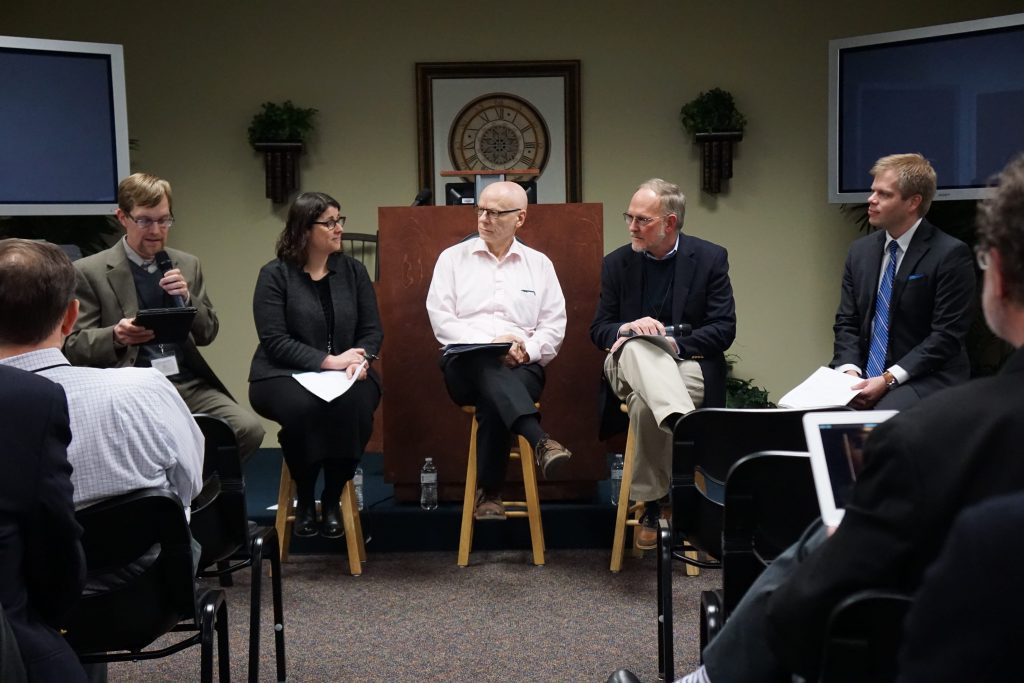 Individual papers, research posters, panels, and lecture recitals on any topic related to the study of music and Christianity are welcome. We invite submissions representing a variety of approaches and perspectives, including ethnomusicology, historical musicology, theory and analysis, philosophy, theology, liturgy, congregational music, as well as other methodologies. All submissions should have a clear title. Lecture-recital proposals should contain the list of pieces with approximate timings.
Individual papers, research posters, panels, and lecture recitals on any topic related to the study of music and Christianity are welcome. We invite submissions representing a variety of approaches and perspectives, including ethnomusicology, historical musicology, theory and analysis, philosophy, theology, liturgy, congregational music, as well as other methodologies. All submissions should have a clear title. Lecture-recital proposals should contain the list of pieces with approximate timings.
SCSM encourages submissions from current graduate students. A $250 prize will be awarded for the best paper presented by a graduate student at the meeting. In addition, graduate students whose proposals are accepted are eligible to apply for travel assistance from the SCSM Graduate Student Travel Fund.
Note: We are planning on an in-person meeting, along with some online offerings. When submitting a proposal, please indicate whether you intend to present in person or via online. (Changes in presentation format may be possible, but only up to a deadline to be determined by the program committee.) Regardless, all conference participants need to be available during the days of the conference for synchronous sessions.
Please visit the conference website for proposal details. Please send submissions or questions to Mark Peters, program committee chair, at mark.peters@trnty.edu.

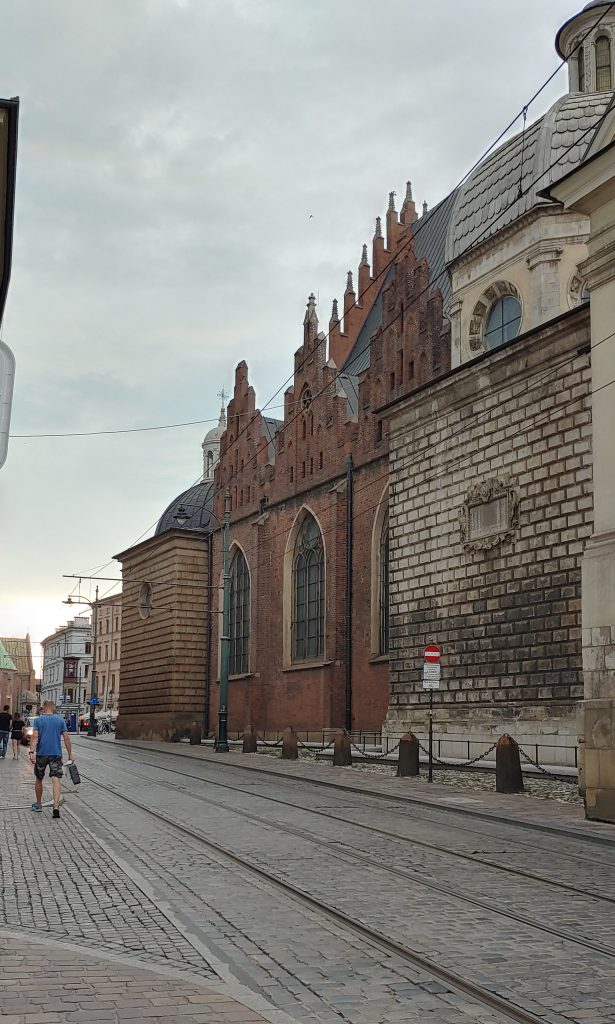
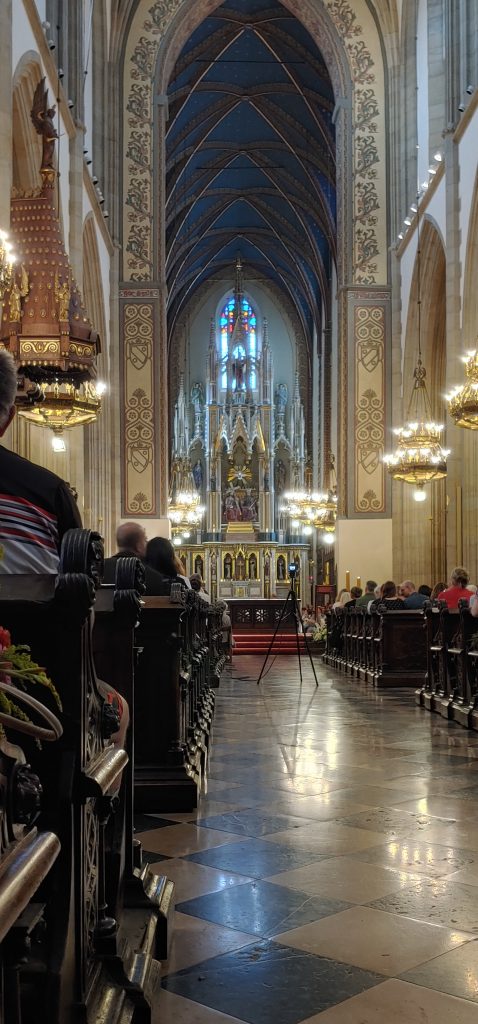
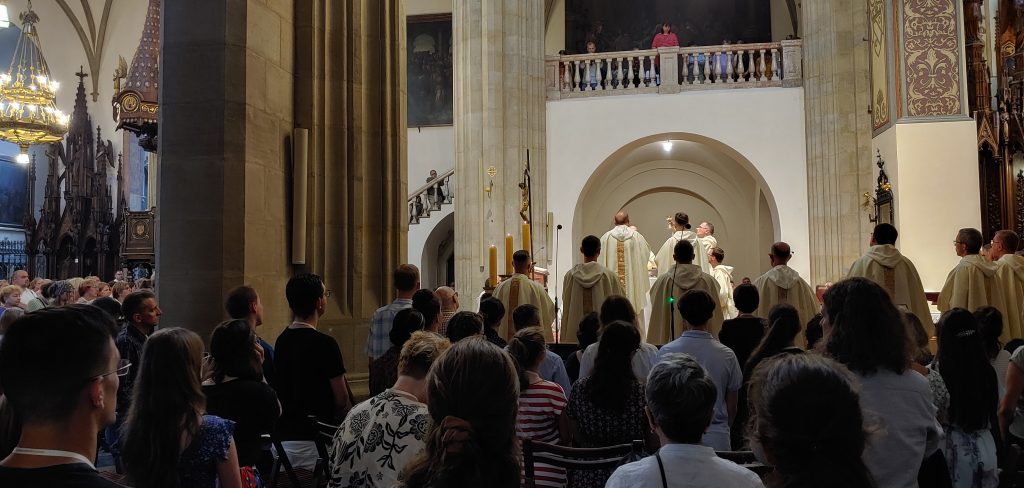
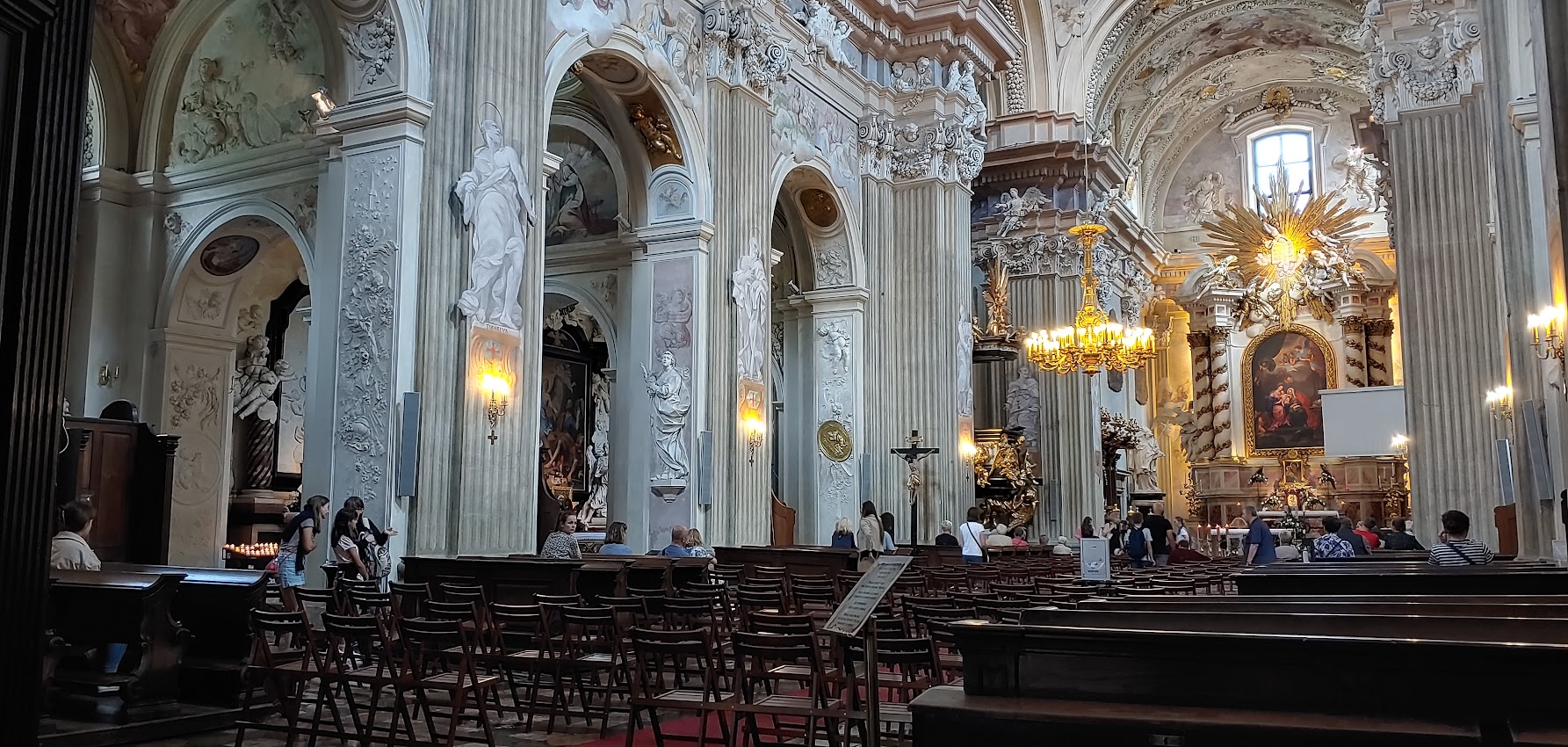
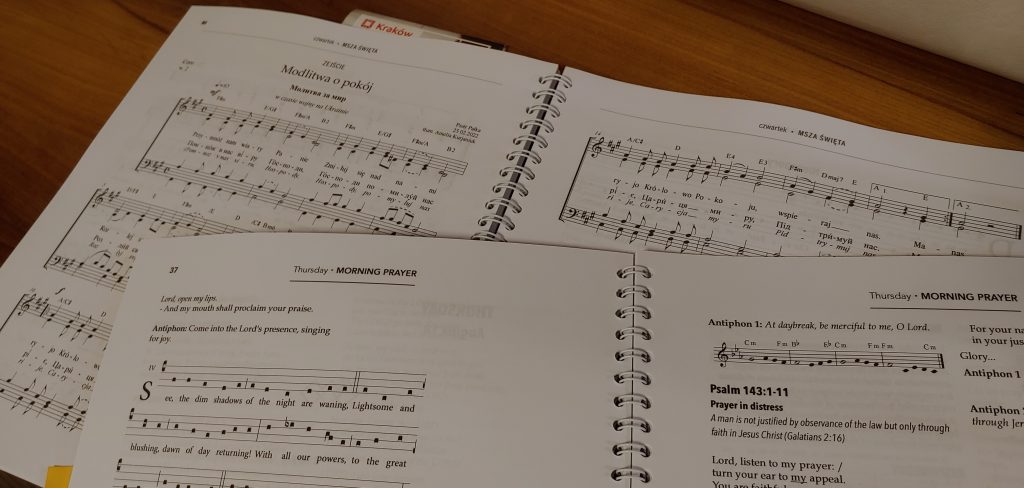
 CALL FOR PAPERS
CALL FOR PAPERS Individual papers, research posters, panels, and lecture recitals on any topic related to the study of music and Christianity are welcome. We invite submissions representing a variety of approaches and perspectives, including ethnomusicology, historical musicology, theory and analysis, philosophy, theology, liturgy, congregational music, as well as other methodologies. All submissions should have a clear title. Lecture-recital proposals should contain the list of pieces with approximate timings.
Individual papers, research posters, panels, and lecture recitals on any topic related to the study of music and Christianity are welcome. We invite submissions representing a variety of approaches and perspectives, including ethnomusicology, historical musicology, theory and analysis, philosophy, theology, liturgy, congregational music, as well as other methodologies. All submissions should have a clear title. Lecture-recital proposals should contain the list of pieces with approximate timings.